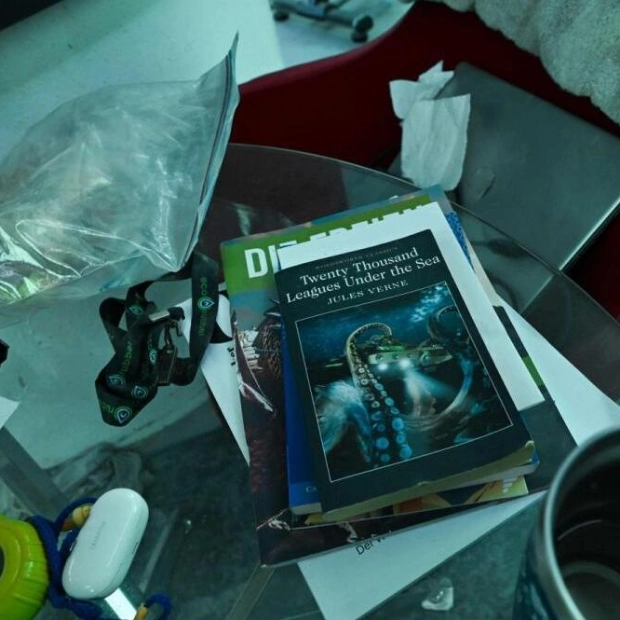As Brydon Carse stood on Hagley Oval’s outfield under a clear blue sky, savoring the afterglow of his 10-wicket match – a performance that showcased his potential as an overseas match-winner and propelled England to victory in the first Test – the fast bowler was hailed as having “the heart of a lion.” The accolade came from Ben Stokes, a man who has a pride of lions tattooed on his back, making it a significant endorsement. Stokes is always on the lookout for fast bowlers to bolster his team, and the emergence of Carse, who recently impressed on less favorable pitches in Pakistan, adds another valuable asset to the squad.
In just his third Test match, Carse dominated New Zealand with aggressive short-pitched bowling and relentless pursuit of front pads, finishing with match figures of 10 for 106 that were as bright as the sun above. His unbeaten 33 with the bat, coupled with Harry Brook’s 171 that included some lucky breaks, made it clear why Carse was named player of the match after England’s eight-wicket win.
“I don’t want to say I knew this day would come,” Carse said after taking six for 42 in New Zealand’s third-innings total of 254. “But I’ve always been ambitious enough to believe I can play at this level. I’m incredibly proud of today’s performance.” The last time an English seamer achieved 10 wickets in an overseas Test was in 2008 with Ryan Sidebottom in Hamilton. With England now 1-0 up in the series and two matches to go, they have a golden opportunity to secure their first series win in New Zealand since that tour.
Carse, like Stokes, has a penchant for tattoos. On his upper left arm, he has a series of coordinates representing his birthplace, Gqeberha in South Africa (formerly Port Elizabeth), and the journey that led to him wearing the Three Lions emblem. His path has not been without challenges, including a career-threatening knee injury in late 2021 and a three-month ban this year for forgetting that professional cricketers are prohibited from betting on the sport.
During one of those difficult periods, Stokes, his Durham teammate, acted as a mentor. Stokes advised Carse not to let his mistakes define him and is now reaping the rewards of that guidance. “When someone who’s been through similar experiences gives you advice, it carries more weight,” Stokes said. “He knows how much I value him as a player. I think it might make him work a bit harder when I ask him to bowl an extra over.”
Stokes described Carse as a versatile bowler, capable of executing short-ball plans, maintaining tight lines, and targeting pads and stumps with precision. All these skills were on display, especially on the fourth morning when Carse trapped Nathan Smith and Matt Henry lbw in consecutive balls and later ended Mitchell’s stubborn resistance. This was the first time since 2021 that Carse had taken a five-wicket haul in first-class cricket, a reminder of England’s growing confidence that Test cricket requires different skills than county cricket.
After a 40-minute lunch break, England resumed their chase of 104 runs. Zak Crawley, who had scored a duck in the first innings, was caught for just one run, bringing Jacob Bethell to the crease. Bethell smashed an unbeaten 50 from 37 balls, displaying the temperament and technique that belie his first-class average of 25. Stokes was particularly impressed by Bethell’s 10 in the first innings, a period where he faced probing new-ball spells from Henry and Tim Southee under overcast skies.
Tom Latham, New Zealand’s captain, had much to reflect on, including his team’s butter-fingered fielding and a first innings total of 348 marred by soft dismissals. The Basin Reserve, site of next week’s second Test, should serve as a reminder that New Zealand’s approach is not to panic.
Source link: https://www.theguardian.com






